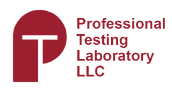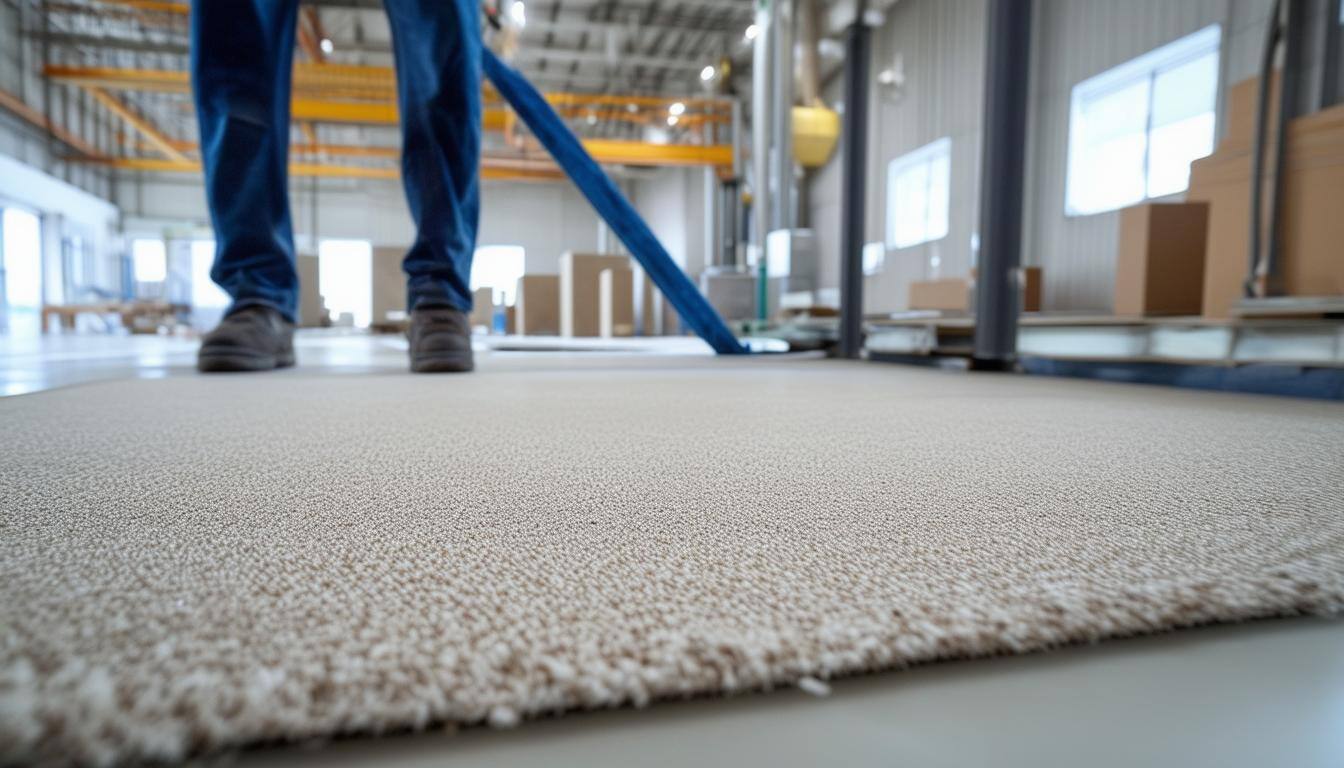The Value of an Accredited Material Testing Laboratory For Product R&D

Rigorous materials testing is a cornerstone of the quality, safety, and performance of your products. Manufacturers can work with an accredited material testing laboratory to support informed research and development and select or evaluate materials with confidence.
The Role of Testing in Product Development
The core role of materials testing laboratories is to provide the data you need to make important decisions about product design and performance and meet regulatory standards.
— Quality Assurance
QA is all about understanding the raw materials and components that make up a product. Testing verifies that these materials meet defined specifications so that you can have the confidence to move forward with production. Accredited testing laboratories use standardized and validated processes to ensure results are reliable.
— Risk Mitigation
If a product fails in the marketplace, it can be costly. Brand reputation can suffer, financial losses can occur, and expensive recalls may be necessary. Testing helps identify potential weaknesses in materials or designs early in the development process, allowing you to make adjustments before full-scale production.
Testing also helps anticipate how materials will perform under various conditions. Demonstrated results give you insight into potential failure points or areas for improvement.
— Meeting Regulatory Requirements
Material testing laboratories help companies meet regulatory requirements with verified and traceable results. R&D testing is important to every company and especially critical in industries such as medical device manufacturing, automotive, or aerospace that are held to more stringent safety and performance standards.
Laboratories with specialized Accreditations, like the National Voluntary Laboratory Accreditation Program (NVLAP) from the National Institute of Standards and Technology (NIST) and Perry Johnson Laboratory Accreditation, Inc. (PJLA), are equipped to conduct tests that meet these demands.
Validation of Material Specifications
R&D testing requires materials to meet precise specifications for performance and durability. Materials testing laboratories verify these specifications by running products and materials through a series of tests under controlled conditions. Results can be used to show that they meet the necessary thresholds for strength, flexibility, conductivity, or other specs.
Benefits of Choosing an Accredited Material Testing Laboratory
Choosing an accredited laboratory is essential for several reasons:
Guaranteed Technical Competence
The accreditation process involves rigorous evaluations of the lab's testing methods, equipment, and personnel qualifications. Working with an accredited lab means that the results provided are accurate and that testing is conducted by skilled professionals using the right techniques and technologies.
Standardized Testing Procedures
Whether testing for tensile strength, hardness, or thermal stability, accredited labs rely on methods that are validated and repeatable. Standardization supports consistent, comparable results — essential for maintaining product quality and reliability.
Product Reliability and Industry Compliance
Accredited labs verify that materials and products will perform as expected in the real world under different conditions.
Compliance builds consumer confidence in the safety and durability of your products. Nonconformance can have serious consequences, including damage to reputation, unhappy customers, and significant delays in go-to-market strategies.
Traceable Results and Enhanced Credibility
A reputable material testing laboratory will provide you with detailed documentation of each test performed, from sample preparation to final data reporting. This traceability allows for easy auditing and provides you with a verifiable record of testing processes and outcomes.
Choosing an ASTM Material Testing Laboratories
When selecting a material testing laboratory ensure it conforms with American Society for Testing and Materials (ASTM) standards. Specifically, look for these accreditations:
- NVLAP/NIST: The National Voluntary Laboratory Accreditation Program from the National Institute of Standards and Technology signifies a lab meets the technical requirements to ensure reliable results under ISO/IEC 17025:2017, including competence, impartiality, and accuracy.
- PJLA: Perry Johnson Laboratory Accreditation is a private organization that offers third-party accreditation for stringent testing calibration criteria.
Why Professional Testing Laboratory
For companies that require innovative testing solutions, Professional Testing Laboratory (PTL) offers a range of unique services beyond standard pass/fail criteria. PTL collaborates closely with clients to develop customized test setups that simulate real-world conditions or address specific R&D questions.
If a standard test does not exist to meet your needs, we can design new methods, saving you time and money in the development process. We collaborate with clients regularly to build custom test rigs, modify procedures, and develop new methods — saving time and money in the product development process.
Whether you need specialized data under extreme conditions or a unique test method to address an unusual material property, PTL offers tailored solutions that enhance the R&D testing process. Our team of experts helps companies transform raw data into actionable insights, supporting effective product development from concept to market launch.
Get in touch with the materials testing experts at Professional Testing Laboratory for a quote within 24 hours.




